When Julia Roberts said, "I have a love-hate relationship with my hair. It's like we're constantly in a battle for control", we all felt that. We’re always looking for ways to spruce up our everyday hairstyles by splurging money on good-quality shampoos, conditioners, oils, masks, and even expensive hair care treatments to attain that picture-perfect hair, but they seem to have a mind of their own. Unfortunately, we frequently forget to look inward to determine how to control hair fall through simple lifestyle and dietary changes. Apart from our diet, factors like sleep can contribute significantly to hair health. Keep scrolling to read how to control hair fall with good sleep.
Importance of Sleep
Sleep is an essential contributor to our overall health and well-being, and it plays an important role in our body’s day-to-day functioning, in more ways than we know. It assists in our muscle rest and recovery after a workout, it aids in the regeneration of cells, and hormone regulation, including those that control appetite, stress, and metabolism. It also helps improve the body’s immunity, cognitive state, and psychological health.
Inadequate sleep may cause a range of health issues like chronic fatigue, heart disease, weak immune functions, decreased sex drive, impaired fertility, weight gain, diabetes, and skin and hair problems.
Factors Affecting Sleep
- An erratic sleep schedule: Not hitting the bed at a fixed time can confuse your body’s internal clock and affect your sleep-wake cycle (circadian rhythm).
- Stress: Too many thoughts lingering in the mind can lead to restlessness and sleepless nights.
- Unhealthy eating practices: Eating at odd hours or binge eating can overload the body with food processing, leaving very little time for the body to rest at night.
- Melatonin (sleep hormone) insufficiency: Melatonin, our sleep hormone, is an essential component of our sleep cycle. Insufficient production of this hormone can lead to sleep disturbances, which can in turn trigger the above-listed complications arising from lack of sleep.
- Exposure to blue light at night: Blue light emitted from gadgets confuses the body and decreases melatonin production, thereby impacting your sleep.
The Connection Between Sleep & Hair Growth
Sleep is the time when our body is in rejuvenation mode. While our body seems to be resting during sleep, a lot of processes are activated internally. The cells of our body are undergoing damage repair, our digestion process is getting completed, and the stress hormone (cortisol) is regulated while the sleep hormone melatonin production increases to help us have a good night’s sleep. Also, the blood flow towards our hair and scalp increases during sleep time. Thus providing the essential nutrients required for hair growth and repair. Lack of sufficient sleep deprives the hair follicles (the roots of the hair strands) of these nutrients.
Traumatic experiences or stress can also have a strong impact on one’s hair health. Stress induces a condition called telogen effluvium. This is a temporary hair loss condition characterized by thinning hair. The hair growth cycle has three major phases:
- Anagen Phase: Growth Phase (Blood flow provides nourishment to the hair follicle)
- Catagen Phase: Transition Phase (Hair follicles detach from the blood supply)
- Telogen Phase: Resting Phase ( Without nourishment, the hair follicle dies and falls out)
Telogen effluvium causes the hair follicle to enter the resting stage prematurely from the growing stage, resulting in hair loss.
In short, stress impacts your hair health in both ways: directly by developing the condition telogen effluvium and indirectly by impacting your sleep, which in turn affects your hair growth.,
How does Melatonin Help Regulate Hair Growth?
-
Hair Cell Growth
Melatonin primarily benefits us by regulating our circadian rhythms and signaling our bodies to sleep and wake up on a daily basis. But melatonin supplements for sleep can also play a part in hair health. The growth stage of our hair is known as the anagen phase, and melatonin has been shown to extend that stage, resulting in faster hair growth. Thus, melatonin supplements do not just help you get enough sleep; they also prove to be one of the remedies for hair fall.
-
Protects Hair Follicles
Oxidative stress can lead to a whole range of health issues, including hair loss. Since hair follicles have melatonin receptors, melatonin helps fight oxidative stress and improves the hair growth cycle.
-
Promotes Biotin Absorption
Sleep also helps our body absorb nutrients, and among them, the one that is most essential for hair health is biotin. Biotin is a vital vitamin (vitamin B7 or H) that is needed for hair health, as it plays a role in protein synthesis, and its deficiency can lead to hair loss and thinning. Studies have shown that consuming hair supplements that contain biotin leads to a decrease in hair loss in individuals. Therefore, while trying to get enough sleep, consuming a biotin supplement may also be beneficial for hair health.
Other Vital Nutrients for Hair Health
When we take measures on how to control hair fall, it is also important to ensure that your hair growth stays consistent and your hair stays healthy. For this, you can turn to the best vitamins and minerals for hair growth or hair loss in supplement form. A supplement for hair that contains nutrients for hair loss like zinc, virgin coconut oil, iron, and selenium, along with a vitamin C source like amla, can be highly beneficial for hair strength. Along with these nutrients, the patented formulation of Keranat™ has also proven to benefit our hair, which goes through several stressors in our modern lifestyles.
Wrapping Up
A good night’s sleep might just be your remedy for all your hair problems. Ensure you get enough sleep, before spending a lot on expensive hair care products to curb the damage.
Vitamins for hair loss can go a long way in helping us get stronger and healthier hair. However, we need to make sure that we get sufficient sleep too, so our bodies can absorb the nutrients from our diet and the supplements we take. Furthermore, no supplement can treat hair loss conditions without the addition of good dietary practices and lifestyle changes.
References:
https://www.ncbi.nlm.nih.gov/pmc/articles/PMC5390528/
https://www.who.int/health-topics/diabetes#tab=tab_1
https://www.ncbi.nlm.nih.gov/pmc/articles/PMC3681103/
https://www.birminghamdermatologyclinic.co.uk/blog/can-melatonin-help-with-hair-loss/#:~:text=Hair%20follicles%20have%20melatonin%20receptors,and%20resulted%20in%20faster%20growth.
https://www.ncbi.nlm.nih.gov/pmc/articles/PMC5582478/
https://www.keranat.fr/en/our-scientific-studies/












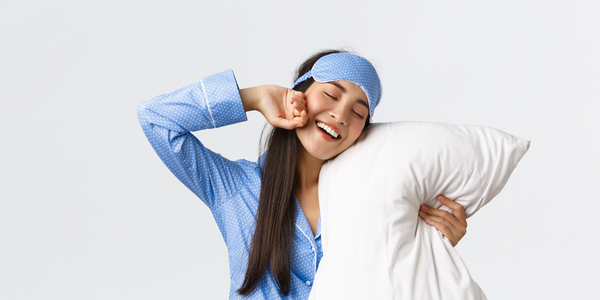

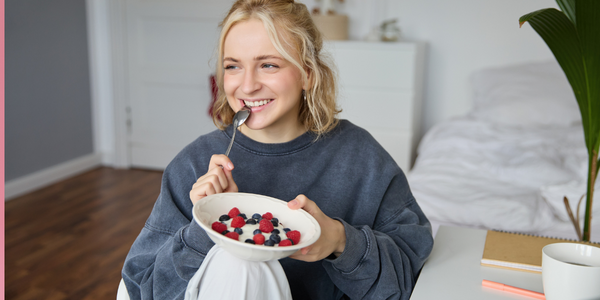

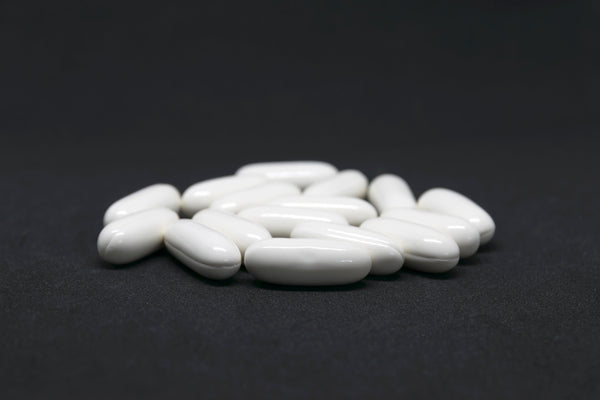
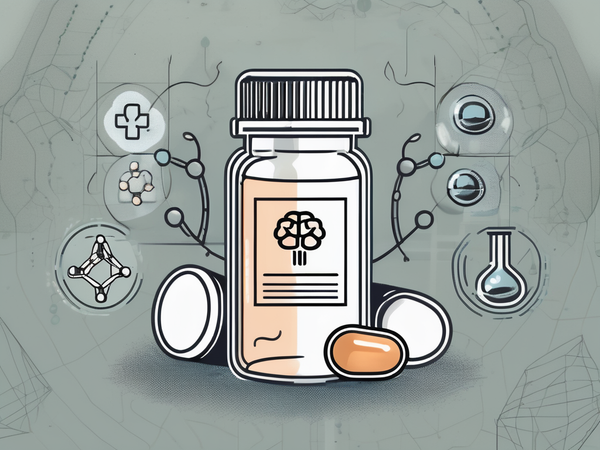
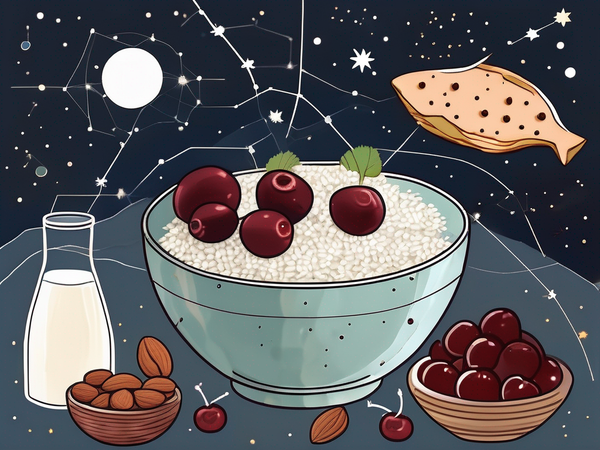

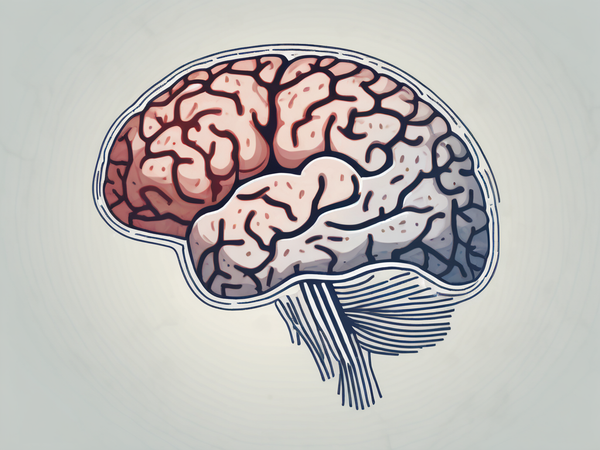






 DOWNLOAD NOW
DOWNLOAD NOW
